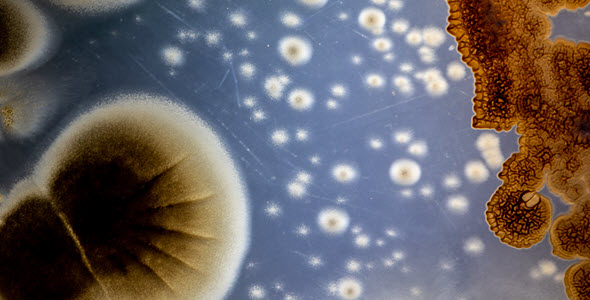By the bioMérieux Connection Editors
Environmental monitoring (EM) programs are essential to prove an environment is suitable for processing or producing a product and to reduce the risk of product recalls. However, cannabis product testing regulations vary by state. EM combined with good manufacturing practices and risk assessment programs would enhance product safety and reduce consumer risk.
While companies that produce food and pharmaceutical products frequently utilize environmental monitoring programs, other companies and industries may not. With the recent legalization of cannabis products for recreational and medical use in many states, the increased production paired with lack of oversight presents significant risks to consumers.
Cannabis products can take a variety of forms, including oil, concentrates, edibles, and topical products, to name just a few. These products are also produced by a range of industries, including food, pharmaceutical, and neutraceutical, and testing is not uniform across industries. Because of that variability in product type, intended use, and testing, ensuring product safety can be a complex process. Companies must consider the product type, route of entry, risk factors, and other elements to determine the best microbial tests essential to human health and safety.
Appropriate microbiological testing and environmental monitoring is largely absent from the US cannabis market, but applying knowledge from other disciplines while focusing on microbiology can enhance science and product safety within the cannabis industry. “Robust relationships between manufacturers and laboratories are critical when problem solving, when conducting method development, and looking at what’s emerging in the cannabis microbiology industry,” Seth Wong, of TEQ Labs said during a presentation at AOAC. “We can use existing technologies and frameworks and guidelines from other areas; from IAFP, AOAC protocols to form the work that can be done in the cannabis industry.”
There are many areas requiring attention to enhance cannabis safety and cannabis science while reducing risks to consumers. But without testing standardization, microbial knowledge, and prioritizing safety for consumers, the cannabis industry is susceptible to deficiencies and puts consumers at risk. The industry needs leaders to educate, guide, and elevate the industry. Knowledgeable partners can help leverage existing technologies and validated systems, as well as emerging technologies, to optimize testing, efficiencies, protect consumer health, and ultimately advance the industry.
This communication is intended for a United States audience only.
Opinions expressed in this article are not necessarily those of bioMèrieux, Inc.



